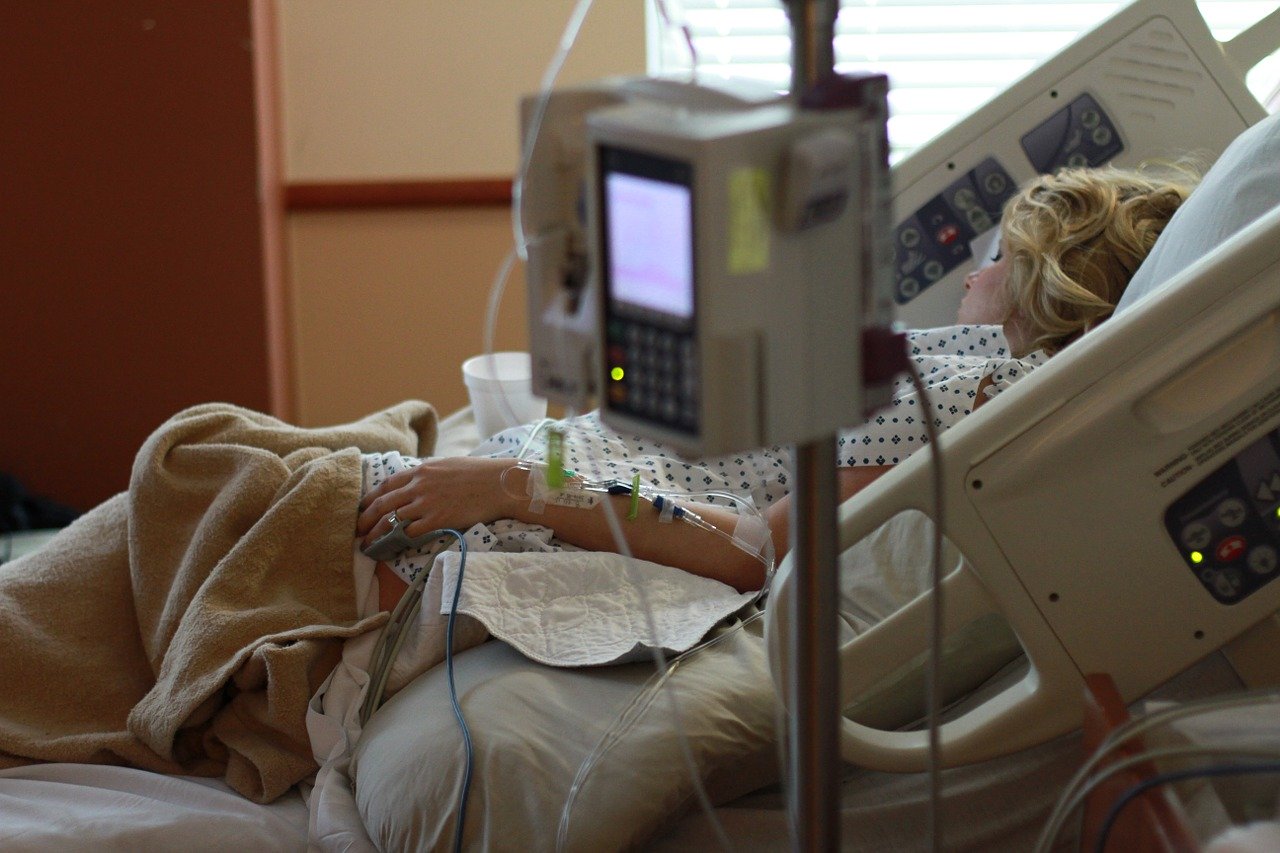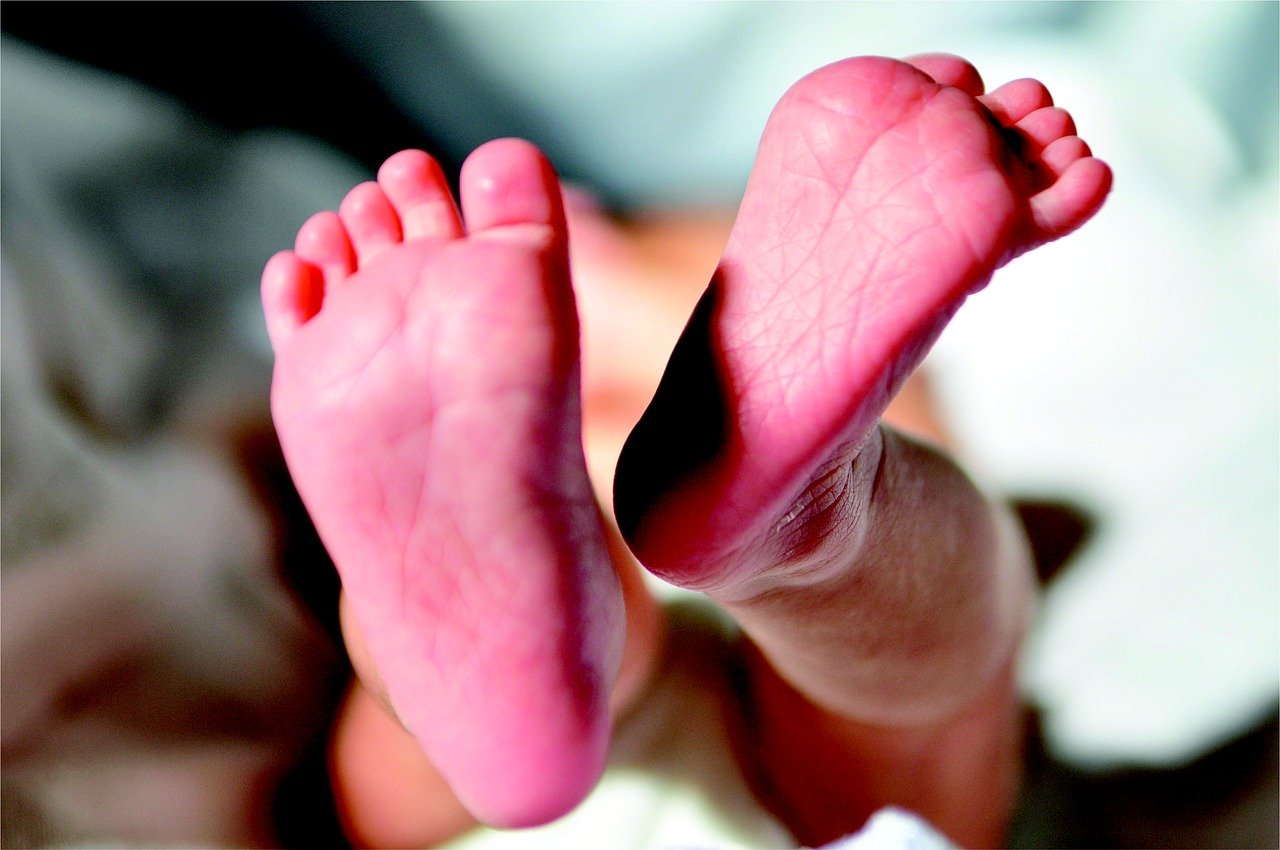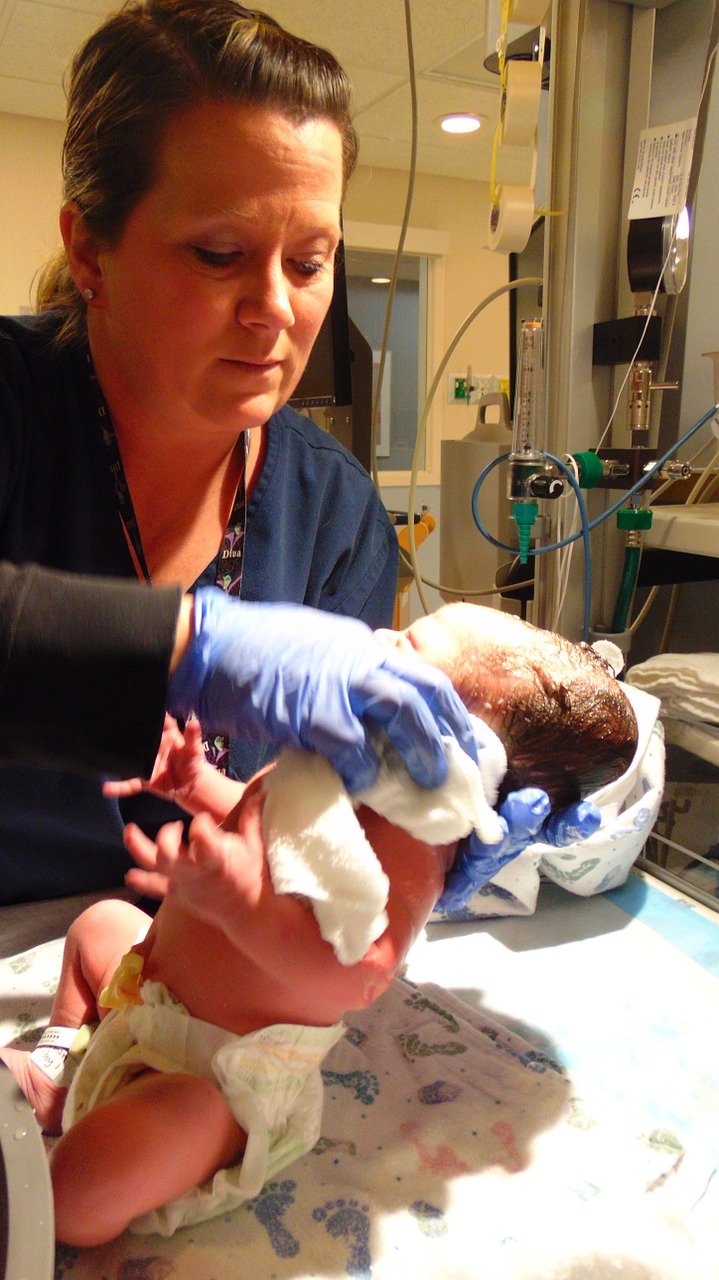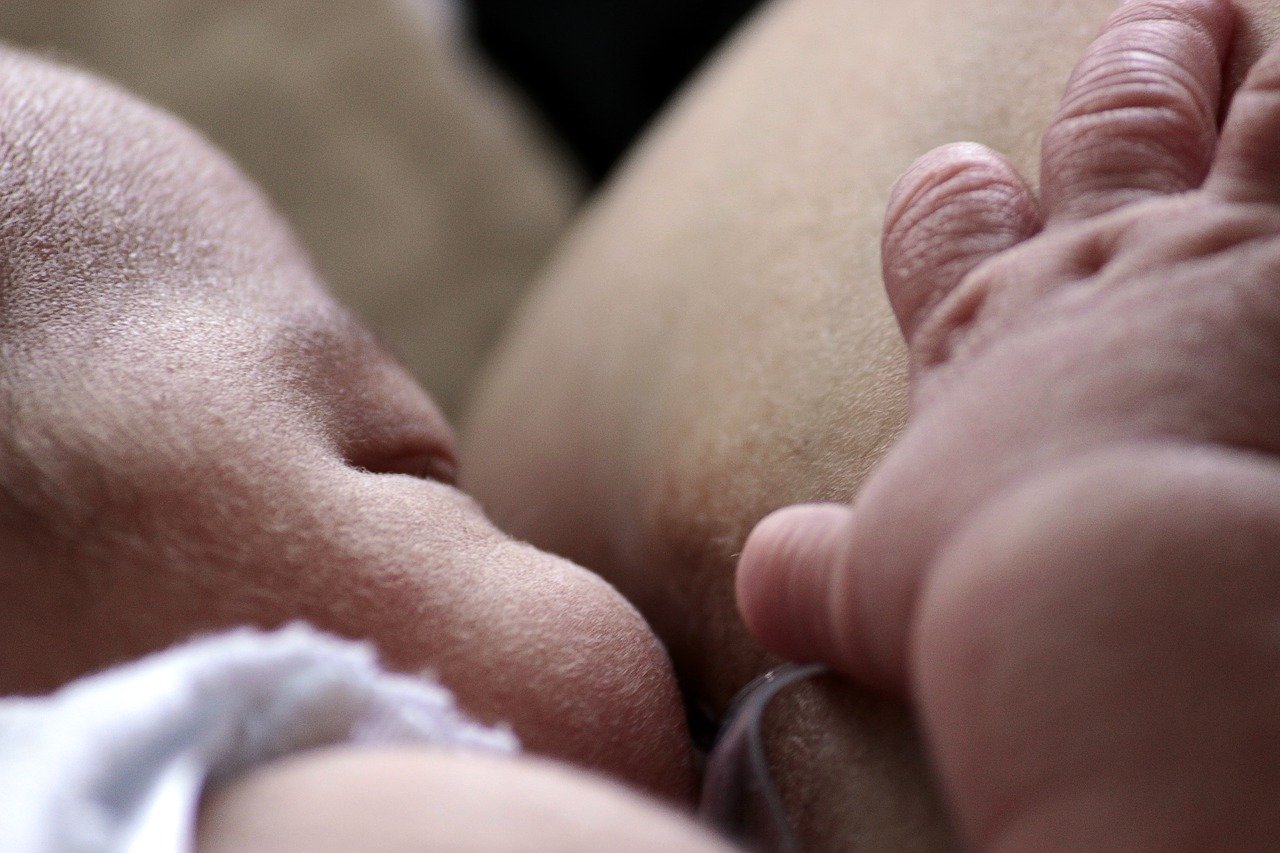A friend of mine recently shared the wonderful news of her pregnancy. I was so overcome with joy that I almost forgot she was not my surrogate, and it was not ‘our’ baby but hers. Almost as instantly as the joy exploded, so too did massive anxiety on her behalf. She is far from the first friend to have a child, and of the many that have, one thing remains constant – Beyond the mind-numbing physical pain they endured through their labor and deliveries, choice was partially or entirely taken away from their birthing experience.
Despite it being their deliveries, they ended up feeling like spectators, or were made to feel like a nuisance by their attending doctors or midwives, the culmination of which was an unforgettably horrific ordeal on what was meant to be an incredibly happy day.
To that end, there are movements across the world led by women advocating for more mindful births, hoping to lessen the surgical, sterile, revolving door experience in delivery rooms and transform them into calm, affirming, wholesome experiences. Likewise, dads are also looking to get involved in the births of their children, beyond just holding mom’s hand and offering a few words of encouragement.
As such, doulas like Beijing-based expat, Alessia Scorzas , are increasingly stepping in to bridge the gap between the medical establishment and nervous parents. As a mother of three, Scorzas knows just how challenging childbirth can be, and aims to make the process as wholesome as possible.
I spoke with Scorzas to find out more about her work, and why a mom-to-be might benefit from having a doula by her side.

Give us a quick introduction of what being a doula is and what it entails?
Being a doula is for me a privilege. I feel blessed. People who trust me welcome me into their homes, heart and sacred birth space. Being a doula means keeping up with research, guidelines and evidence in order to support my clients as best as possible and provide them with information. It means always learning from other doulas, from moms and my own experience. It means continuous training and, as you would expect, few sleepless nights.
The word Doula is derived from Greek and means servant. Historically it is a woman serving other women, a mom serving moms. This is what it is nowadays, with the pros of having science and evidence on our side, helping us improve our knowledge and our service.
What sort of training does one have to go through in order to become a doula? Are there any accreditation or qualifications one must attain?
I was trained and certified by Childbirth International, which I have to say is fantastic. We are all still in touch with trainers and trainees. They offer continuous updates and the community is very active.
How did you get into being a doula and how long have you been doing it?
I had a non-positive experience with my first child, and I had been suffering from postpartum depression which turned my life into a nightmare. Nothing seemed to help, until I started looking for answers. I am the kind of person who loves studying, so I took this path to selfishly heal myself. I had to follow a few moms in order to get certified, so I asked friends and friends of friends. Each mom and each birth made me realize that this was my calling. I started in 2014 and I am not going to stop!

How different is it doing what you do here in Beijing versus doing it in your home country?
Cultural backgrounds play an important role. In my country, although of course there are some negative experiences and lots can be done towards full empowerment and positive birth, we still follow a more natural approach to childbirth. Midwives and doulas assist mom, help her moving and “riding the waves”, medical pain relief (e.g. epidural) is not offered as first resort, but as a last one, only during a specific time-frame and only if you are in perfect health. Moms keep physically active during the actual birth, and so are the people around her. We have many birth centers and home birth is growing strong. Definitely different from here.
Is there much call for your services? If so, who by predominantly?
In the last couple of years, requests have increased. Mostly from foreign moms who would like to have a positive experience and are looking for as natural a birth as possible. Most of them previously had a negative experience, and some are going to try for a VBAC (Vaginal Birth After C-Section).
If I were an expectant mom, how would I know whether I need a doula or not?
A doula is a trained birth coach who provides emotional, physical and informational support throughout pregnancy, birth and immediate postpartum. Doulas are NOT medical professionals; therefore, we don’t provide medical care. The doula’s goal and role is to help the client feel safe and comfortable, complementing (not competing!) the role of the healthcare professionals. We focus on our client and her family as well. We do not perform medical tasks, but we are professionally trained as to best support our clients. We help parents gather evidence-based information that can answer their questions, and we help them understand their options. Doulas never give personal opinions, but facts. We basically help moms have an empowering birth experience.

What would a consultation with a doula look like and what are some of the things you help mothers-to-be do?
When a mom reaches out, I like to have a first meeting (ideally with both parents, if dad is involved) before starting to talk about support. We need to click, there must be chemistry. Parents are going to have me present at the most important time of their life. It is therefore important to feel the right energy. This goes for me too. I won’t be able to be a good support if I don’t feel comfortable. Then, we can begin to explore options and together decide what kind of support would be best for them. As I said, my role is to support them physically, with labor coaching classes, emotionally and informatively, gathering evidence-based information that can answer their questions.
What are some of the biggest misconceptions about your profession?
Sometimes some midwives, who are not used to having doulas around them, may see us as competitors while we are definitely not. Some people do not believe in the importance of a doula’s assistance. They see us as some sort of hippie witches, and I have to say, now I kind of like that. No matter what they believe, research clearly and simply demonstrates that doulas can improve the childbirth experience from both a physical and emotional point of view.
What are some of the legal rights of mothers with regards to not wanting medical intervention and wanting a doula to attend their birth instead?
Legally, you have the right to say yes or no to anything. The thing is, hospitals have their own policies and as they need to make sure they are on the safe side as well, they may push on this. Conversely, so far hospitals have been very accommodating here as long as mom requests my presence in advance. I always ask them to include doula in their birth plan. I would love to see doulas integrated into the hospital staff, just like in other countries such as in the UK, US, and Australia. This would make things easier for everyone, and moms won’t be put in a position of having to ask for something that is technically their right.

In the event of an emergency, how are you equipped to handle the situation and at what point might a doula advise their client to seek medical intervention?
During our training, there is a specific section on emergencies and how to handle them. There are specific signs to look for and things to monitor. We are also trained to assess the situation without performing any medical task. It’s happened a few times already where I understood what was going on and talked to mom, so that she would be mentally prepared to face the situation. It happened just recently that one of my clients showed signs of a Bandl’s ring. Being able to understand what was going on, I was also able to support her and her husband through this emergency.
What are some of the benefits of having a doula attend your birth rather than a traditional doctor/midwife?
As I said, we do not substitute midwives. Our purpose is the same, but while they provide medical care, we provide emotional, physical and informational support. A doula focuses on one client at a time, while hospital midwives usually have many moms at the same time and a huge load of paperwork to take care of. Having a doula at your side has been proven to help you have a satisfying birth experience. Having a doula at your side decreases the chance of unnecessary interventions such as drugs, C-sections, etc., increases the likelihood of natural, spontaneous birth, and decreases the risk of being dissatisfied with your birth experience and birth related trauma.
How does the Chinese society respond to your line of work? Are they receptive or tend to veer towards more traditional/modern medicine?
They veer towards a medical approach to childbirth. There are indeed few Chinese doulas working in Chinese hospitals with Chinese clients, but their approach is a bit different.
What is your advice to women in terms of getting the birth plan they desire?
Be aware, make informed choices, and do not forget this is YOUR sacred birth!
Photos: Pixabay




